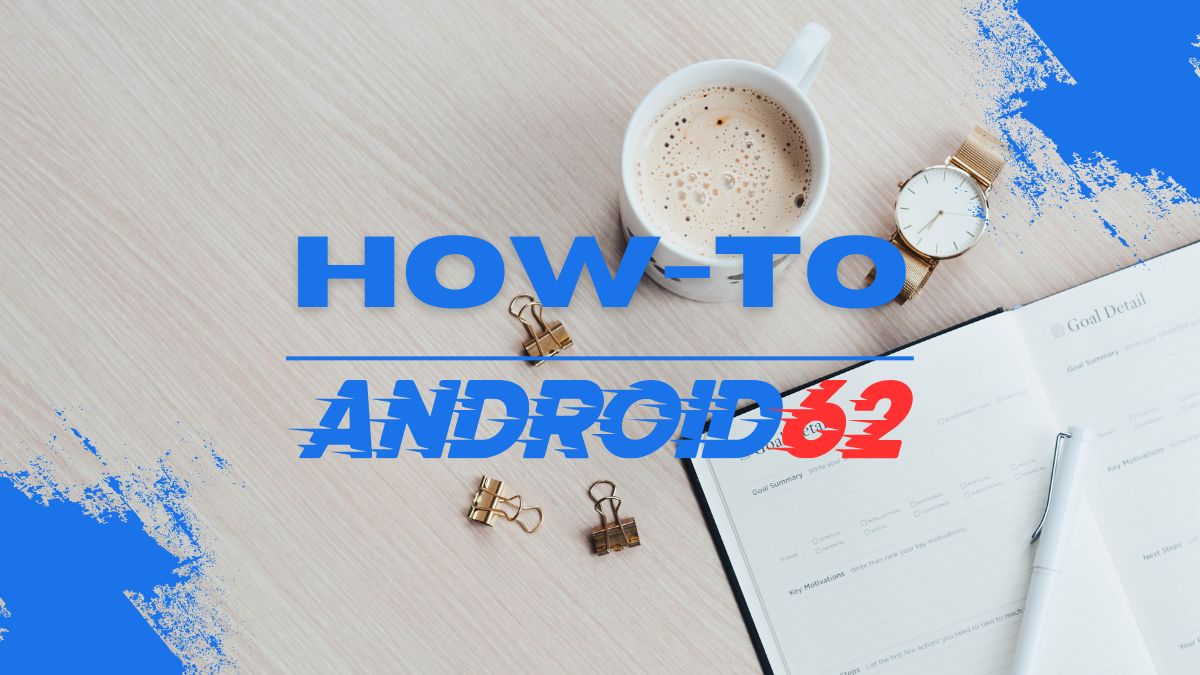
Hard boiled eggs are a popular and nutritious food that can be used in a variety of dishes or simply enjoyed on their own. However, achieving the perfect boiled egg can sometimes be a challenge. Overcooking can lead to a rubbery texture and an unattractive greenish-gray ring around the yolk, while undercooking can leave you with a runny yolk. In this article, we will discuss methods to determine when hard boiled eggs are done, ensuring you get the perfect boil every time.
Understanding the Basics of Hard Boiled Eggs
Before diving into the methods for checking doneness, it is essential to understand the basic cooking process of hard boiled eggs.
1. The Cooking Method
- Boiling on the stovetop: This is the most common method. Eggs are placed in a pot covered with cold water and brought to a boil.
- Pressure cooking: A faster method where eggs are placed in a pressure cooker, which reduces cooking time significantly.
- Oven baking: While less common, this method involves baking eggs in an oven, resulting in a unique texture.
2. The Science Behind Cooking Eggs
When eggs are heated, the proteins in the egg white and yolk coagulate. This process solidifies the eggs, leading to a change in texture and consistency.
- Egg Whites: Begin to solidify at around 140°F (60°C) and become firm at about 180°F (82°C).
- Egg Yolks: Start to thicken at around 150°F (65°C). Once cooked through, they take on a crumbly texture.
How To Tell When Hard Boiled Eggs Are Done
There are various methods to ascertain if hard boiled eggs are adequately cooked. Here are some reliable techniques:
1. Cooking Time Guidelines
The simplest way to gauge the doneness of hard boiled eggs is by timing the cooking duration. The following guidelines can help:
- Soft Boiled Eggs: 4-6 minutes
- Medium Hard Boiled Eggs: 7-9 minutes
- Hard Boiled Eggs: 10-12 minutes
The ideal time also varies with the size of the eggs and your altitude.
2. The Cold Water Shock Method
Once the eggs are cooked, immediately transferring them to an ice bath or running cold water over them can help:
- Stop the Cooking Process: This prevents the eggs from cooking further and ensures a creamy yolk.
- Check for Firmness: After being cooled for a few minutes, the eggs should be firm to the touch. If they feel soft or mushy, they may require additional cooking.
3. The Spin Test
This simple test can help you determine if an egg is hard-boiled:
- To Perform the Spin Test:
- Place the egg on a flat surface.
- Spin it like a top.
- Observation: A hard boiled egg will spin smoothly and quickly while a raw egg will wobble or spin slowly because the liquid inside is moving.
4. The Water Test
If you are unsure about the state of your eggs, consider using water to confirm:
- Fill a Bowl: Add water to a deep bowl.
- Place the Egg Inside:
- Sinking: If the egg sinks and lays flat on the bottom, it’s very fresh (likely boiled).
- Standing Up: If it stands upright on the bottom, it’s still fresh but nearing spoilage (consider consuming soon).
- Floating: If the egg floats to the surface, it’s bad (discard it).
5. Cracking the Egg
A reliable method to determine doneness is simply cracking the egg open. Upon doing this, pay attention to:
- Yolk Consistency: For hard boiled eggs, the yolk should be fully set and have a smooth, firm texture.
- Egg White Texture: The egg white should be firm and separate easily from the yolk.
Troubleshooting Common Issues
If you consistently find your hard boiled eggs undercooked or overcooked, consider these factors:
1. Egg Size and Freshness
- Larger Eggs: Larger eggs may require more time.
- Fresh Eggs: Fresh eggs may be more difficult to peel after boiling.
2. Altitude Effects
If you live at a high altitude, water boils at a lower temperature, which might require you to increase the cooking time for hard boiled eggs.
Tips for Perfect Hard Boiled Eggs
A few additional tips can assist you in ensuring perfect hard boiled eggs every time:
1. Use Older Eggs
Older eggs tend to peel more easily than fresh ones, making them an ideal choice for boiling.
2. Add Vinegar or Salt to Water
Some cooks add vinegar or salt to the boiling water to help keep the eggs from cracking and make peeling easier.
3. Gradual Heating
Start with cold water and bring it to a boil gradually. This can reduce the chances of cracking.
4. Store Eggs Properly
If you are planning to boil eggs later, store them in the refrigerator.
5. Practice Makes Perfect
Experiment with different cooking times and methods until you find what works best for your tastes and preferences.
The Importance of Cool Down
Cooling down boiled eggs is crucial for both texture and ease of peeling. Ensure you transfer them to an ice bath or run them under cold water immediately after boiling.
Conclusion
Knowing how to tell when hard boiled eggs are done can save you time, improve taste, and enhance your cooking confidence. Whether you are preparing eggs for a salad, as a side dish, or for a snack, following the above methods and tips will guarantee your hard boiled eggs turn out perfectly every time.
Summing up:
- Timing: Stick to the recommended cooking times based on your desired doneness.
- Testing Techniques: Use methods like the Spin Test and Water Test to determine the doneness without cracking.
- Practice: The more you boil eggs, the better you will become at knowing when they are done.
By understanding the cooking process and utilizing the tips provided, hard boiling eggs can become a seamless addition to your culinary repertoire. Enjoy your perfectly boiled eggs, rich in flavor and protein!



